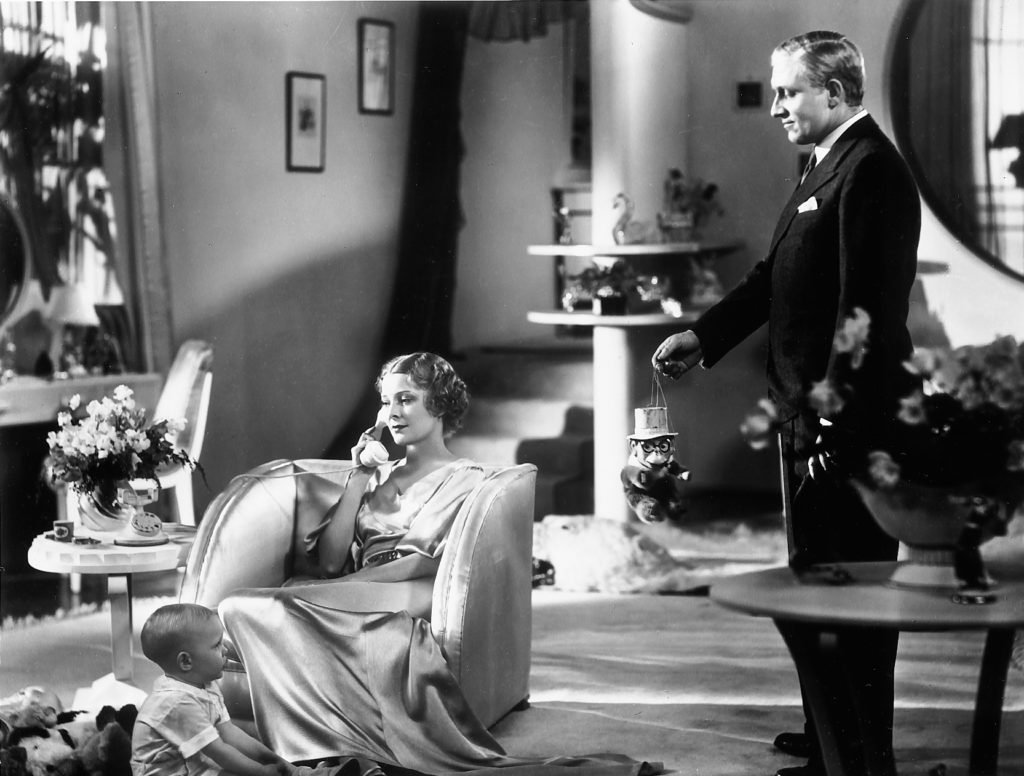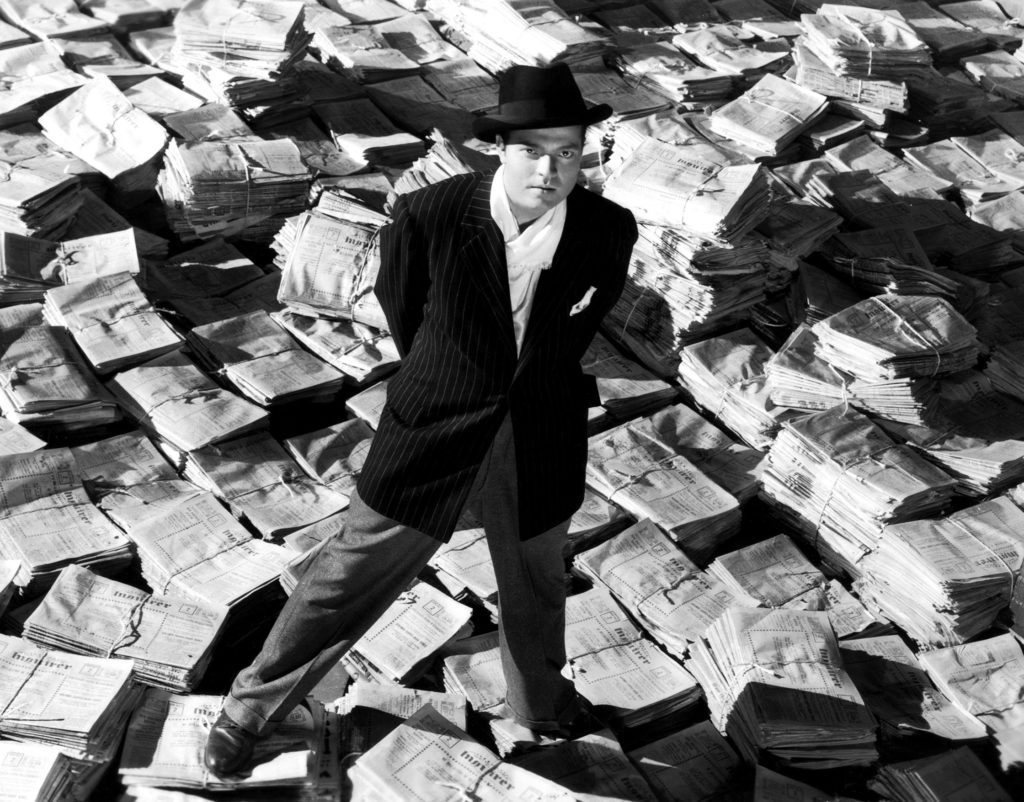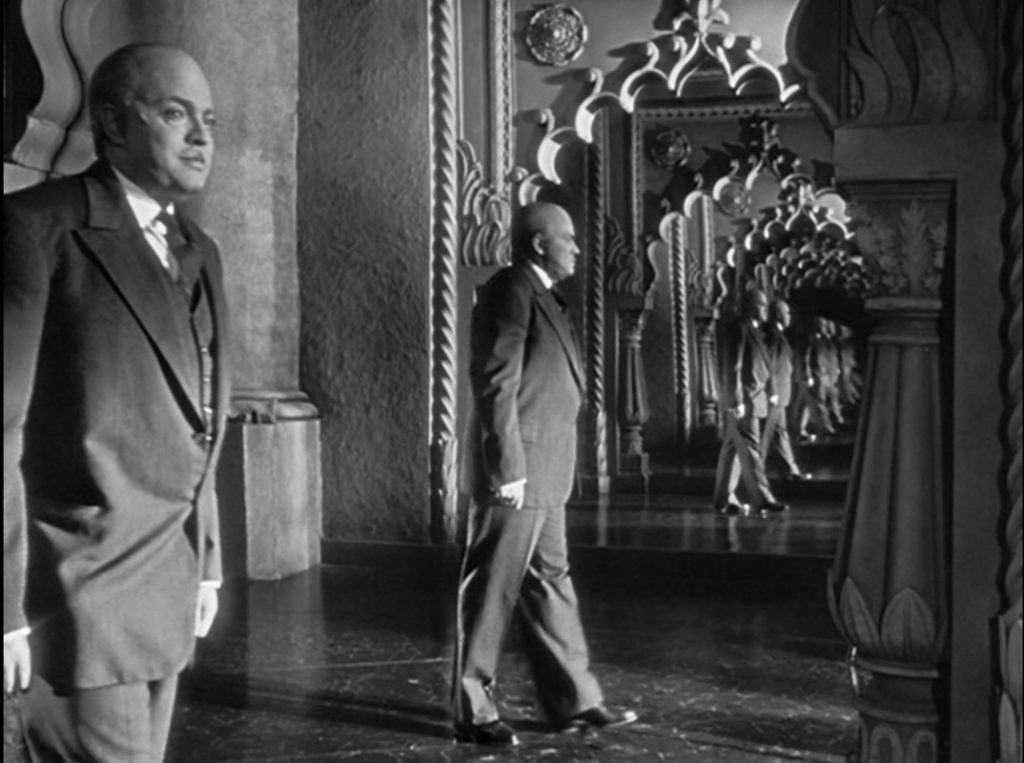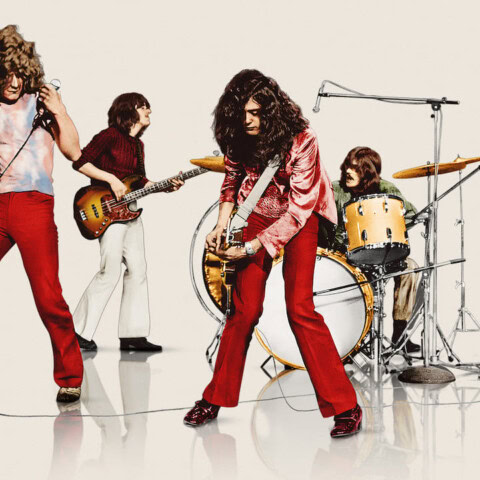Are the best films from Hollywood’s Golden Age still relevant? ANDREW JOHNSTONE on Spencer Tracy and Orson Welles.
 Spencer Tracy made 75 films, was nominated for nine Academy Awards (he won twice for Best Actor), and remained until his death in 1967 a major box office draw. Without rhyme or reason his name popped into my head, prompting a flood of memories from my youth when on a Sunday afternoon it was my habit to lie down in front of the TV and watch old movies. In late 1960s New Zealand there was only one TV channel and Sunday afternoons were devoted to the golden age of Hollywood. This might have been my favourite time of the week.
Spencer Tracy made 75 films, was nominated for nine Academy Awards (he won twice for Best Actor), and remained until his death in 1967 a major box office draw. Without rhyme or reason his name popped into my head, prompting a flood of memories from my youth when on a Sunday afternoon it was my habit to lie down in front of the TV and watch old movies. In late 1960s New Zealand there was only one TV channel and Sunday afternoons were devoted to the golden age of Hollywood. This might have been my favourite time of the week.
With Spencer dancing about my head, I was overcome with nostalgia for a style of film that had a profound influence on the way I viewed the world. Suddenly, I found myself longing for a cadence of speech, style of dress and for colloquial terms now faded from popular culture. For sweeping orchestral scores credited to names like Bernard Herman and Alfred Newman, for crisp black and white cinematography, for stories with rich moral lessons and soundtracks that crackled and hissed.
 As for Tracy himself, I had vague memories of two films, Boys Town and Woman Of The Year, and of an actor imbued with more natural humanity than most. Turning to Wikipedia for more information, I discovered this marvellous quote from his long time lover and fellow actor (and Woman Of The Year co-star) Katherine Hepburn:
As for Tracy himself, I had vague memories of two films, Boys Town and Woman Of The Year, and of an actor imbued with more natural humanity than most. Turning to Wikipedia for more information, I discovered this marvellous quote from his long time lover and fellow actor (and Woman Of The Year co-star) Katherine Hepburn:
On June 10, 1967, 17 days after completing Guess Who’s Coming To Dinner, Tracy awakened at 3:00am to make himself a cup of tea in his apartment in Beverly Hills, California. Hepburn described in her autobiography how she followed him to the kitchen: “Just as I was about to give [the door] a push, there was a sound of a cup smashing to the floor, then clump – a loud clump.” She entered the room to find Tracy dead from a heart attack. Hepburn recalled, “He looked so happy to be done with living, which for all his accomplishments had been a frightful burden for him.”
It is an interesting observation about a man who for millions was a larger than life figure who apparently ‘had it all’, and it occurred to me that if anyone were to ask I would reply that this is exactly how I felt about things. Suddenly I felt an urgent desire to spend some time with this man and converse with him about life.

I went online and explored Spencer’s filmography and settled on the 1933 film The Power And The Glory, described by its Wikipedia entry as the narrative prototype for Citizen Kane, a film widely recognised by filmmakers and critics as one the greatest films ever made. Thank the gods for the internet, for the film was easily found and moments later a relic of the electrical/mechanical age of filmmaking was playing out digitally.
The Power And The Glory was written by Preston Sturges, and for his first screenplay he was paid the extraordinary sum $17,500 and notably, given a profit share which at the time was highly unusual and controversial – especially with other writers who now began to examine their own contracts and wonder how they could get a piece of this potentially lucrative action.
Sadly for Sturges, who was on the cusp of a glittering career, the film limped through its initial release and he made a spare $2000 from the deal. However, the film was singled out by critics for its use of a highly unusual narrative structure (flashbacks) and the studio, recognising the originality at work in the screenplay, placed a plaque commemorating the film’s pioneering method on the New York theatre where it debuted, and over the next few years its reputation grew, as did the profits.

The story of railroad tycoon Tom Garner (Tracy) begins with his funeral, revealing a man who is regarded with mixed feelings and whose suicide is for many a cause for celebration. This poses a series of questions, notably why was he so hated (or ‘misunderstood’ it is argued by his assistant and best friend Henry), and how did it all go so wrong?
Flashback structure aside, the screenplay is by and large fairly standard. Director William K Howard’s style is hardly remarkable and the cinematography is mostly nothing out of box, but behind this camera is the great James Wong Howe (two Oscars for cinematography but at an early stage in his career) and every now again an image or sequence leaps off the screen with such intensity that one can imagine a young Orson Welles sitting in a theatre soaking it all up and storing it away in his imagination for future consideration. As for the script itself, though perceptive, the dialogue fails to sparkle in a way that anyone familiar with Sturges’ later work should expect.
That said, everything that would later manifest in Welles’ polished portrait of media tycoon Charles Foster Kane is there. Welles plays Kane in a remarkably similar way to that which Tracy plays Garner: with verve, wit and a constant smile that suggest both men understand the great secret of life. That it is absurd.

Kane funds his empire via an inherited goldmine that has struck the motherlode and the unambitious Garner finds his muse via his wife, a woman of vision and the will to make it happen. These men are accidental tycoons and are, in varying degrees, aware of the ludicrousness that underlines their public image. The self-knowing secret smile fades as both men find themselves overcome by a creeping narcissism born from their privileged isolation.
As for Spencer Tracy, his presence alone is reason enough to enjoy The Power And The Glory, and as the final scene plays out we understand, by way of Tracy’s innate humanity, that Garner is an unfortunate man whose best potential was wasted in the pursuit of wealth and power; the same condition Kane finds himself in as he sits alone in his grand mansion Xanadu, surrounded by material excess and a life unfulfilled.
I once worked behind the counter of a DVD store that catalogued films by director. It was a frequent haunt for media students from the local Polytechnic and University seeking out films they had been recommended by their tutors, most notably Welles’ Citizen Kane, which they had been told time and again was among the greatest film narratives ever conceived, and a must-see for any serious student of film.
It’s surprising how often they would return the film and remark that they could not understand what was so special about it. Of course not, they had seen it all before, because the techniques that Welles had pioneered had long since become standard. What they needed to understand was that Welles had taken all that had come before and re-imagined it; in the process changing forever after the way filmic stories were told.
 The Power And The Glory is a diverting and interesting historical artefact but Citizen Kane is astonishing. From beginning to end, through scene after scene, it sparkles with inventive dynamism and I thank The Power And The Glory for bringing me back to a film I thought I knew well but didn’t. There is so much going on that it is like exploring the night sky without reference point or telescope. What is this film and how did it come to be? The Power And The Glory provides some of those answers.
The Power And The Glory is a diverting and interesting historical artefact but Citizen Kane is astonishing. From beginning to end, through scene after scene, it sparkles with inventive dynamism and I thank The Power And The Glory for bringing me back to a film I thought I knew well but didn’t. There is so much going on that it is like exploring the night sky without reference point or telescope. What is this film and how did it come to be? The Power And The Glory provides some of those answers.
And as for Tracy, our conversation was excellent, and I will be watching more of his films as time allows.
https://www.youtube.com/watch?v=xJqHFK-e9Is
The Power And The Glory, directed by William K Howard (1933)
https://www.youtube.com/watch?v=zyv19bg0scg
Citizen Kane Trailer (1940). Directed by Orson Welles
*In 2014, The Power and the Glory was deemed “culturally, historically, or aesthetically significant” by the Library of Congress and selected for preservation in the National Film Registry.















